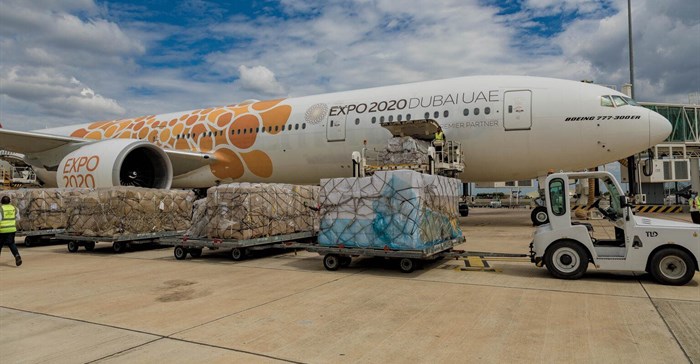Covid-19 diagnostics: the key to Africa's recovery

In general, the ability of any country to effectively contain the Covid-19 pandemic depends on the capacity for widespread testing, early diagnosis, tracking, and contact tracing.
For a population density equivalent to almost 20% of the world population, only 44 out of the 47 countries in the WHO African region have at least one certified laboratory for SARS-CoV-2 testing (at the start of the outbreak only two could do so).
Nevertheless, due to the centralised nature of these tests, only a small percentage of the population has been tested.
According to the CDC, this is just over 0.1% of the African population, in stark contrast to the Organisation for Economic Co-operation and Development (OECD) countries who on average test 2.3% of their population.
Thus, access to reliable diagnostic tools to detect Covid-19 remains a critical pillar to monitor and contain new waves of Covid-19.
SARS-CoV-2 diagnostics also need to be affordable and widely accessible to test vaccine efficacy in Africa, especially if vaccine trials are conducted in African communities.
Low numbers due to limited testing
Despite the escalating threat of Covid-19, Africa has initially faced a relatively low fraction of global Covid-19 mortalities.
Data from 2020, generated by the United Nations (UN) showed that Africa has 1.5% of the world's reported cases of Covid-19 and less than 0.1% of the world's deaths.
However, the numbers are likely underestimated due to limited testing.
The current gold standard of testing for severe acute respiratory syndrome of Covid-19 infection is reverse transcription/polymerase chain reaction (RT-PCR).
This test is resource intensive and becoming increasingly inaccessible for most African countries, particularly in rural settings.
RT-PCR diagnostic capacity is severely limited in most African countries, with the number of qualified testing laboratories ranging between one and three in 40 African countries as of mid-April 2020.
Other factors
Nevertheless, the level of testing in Africa varies as a function of the economic status of the countries among other factors such as political leadership, socioeconomic realities, and stage of the pandemic.
These factors, and the need for highly trained personnel, limit the capacity of African countries to run Covid-19 tests, further tipping the global imbalance against Africa.
Alternative tests
The major challenges of deploying alternative testing modalities include test reliability (sensitivity and specificity), supply chain, and fitness for utility.
It is anticipated that in the coming three to six months there will be several reliable antibody-based tests in use in Africa.
Alternative SARS-CoV-2 tests that do not require nucleic acid extraction, such as rapid antigen diagnostics for PoC testing, exist.
However, antibody-based serological tests only indicate prior exposure to SARS-CoV-2, and do not diagnose current infection and transmission.
Rapid antigen tests are scalable and affordable alternatives to RT-PCR. Thus, they allow for decentralised testing in rural and resource-constrained communities.
Other SARS-CoV-2 tests such as near-patient solutions are preferred and one such test is a PoC RT-PCR-based Xpert Xpress SARS-CoV-2 testing with a fast turnaround (45 min) using small GeneXpert machines.
The GeneXpert platform, already in place for TB testing across most African countries, allows the use of SARS-CoV-2 cartridges, however, drawbacks include cost and scarcity of cartridges, as well as competition with TB diagnosis.
Funding required
However, as new waves of Covid-19 ravage the globe, the reliance on supply chain from non-African developers needs to be urgently replaced with local development and manufacturing of these rapid tests.
Funding is required to support African research institutes and science initiatives that are currently developing in-house SARS-CoV-2 diagnostic tests, with the same accuracy, reliability, and convenience, at a lower fraction of the cost, in partnership with large international biopharma availability of rapid local diagnosis will help to better gauge the scale of infections and to respond accurately to pandemics, both now and in the future.
Read the full article here






